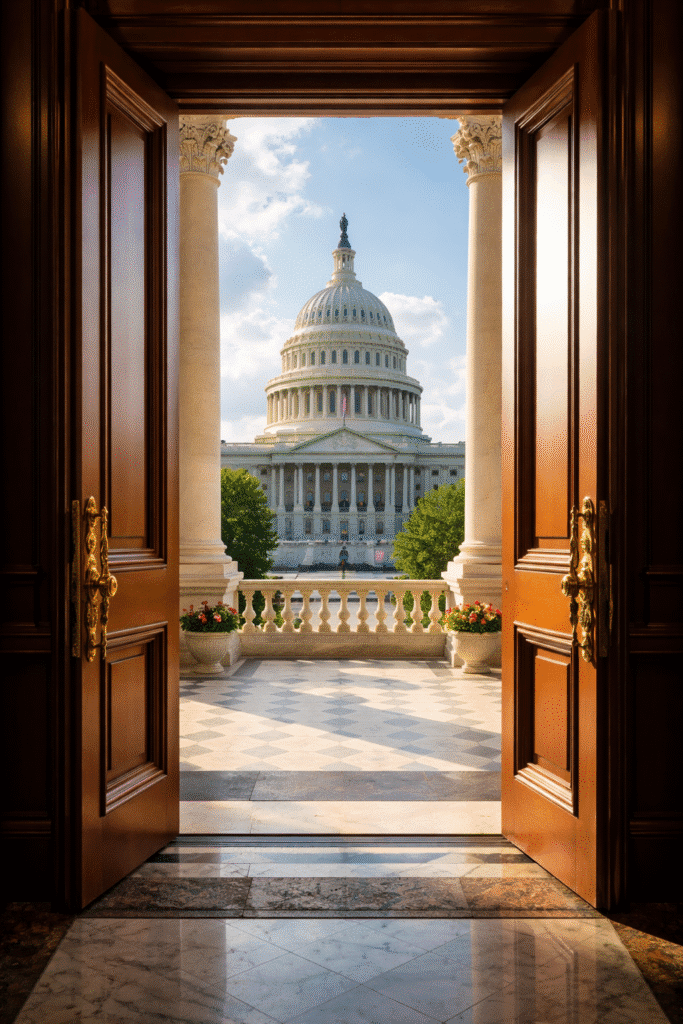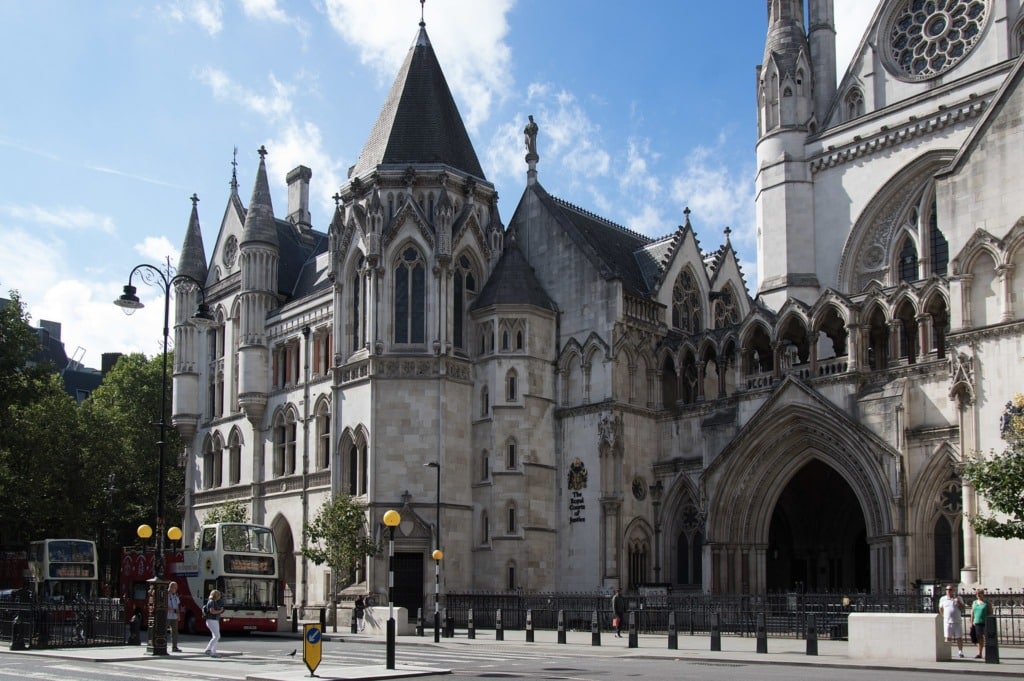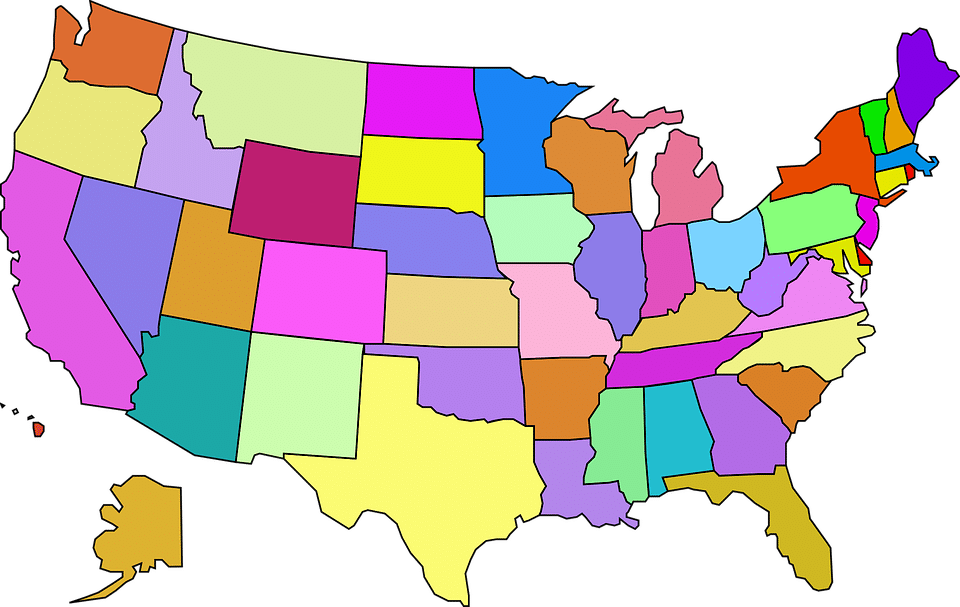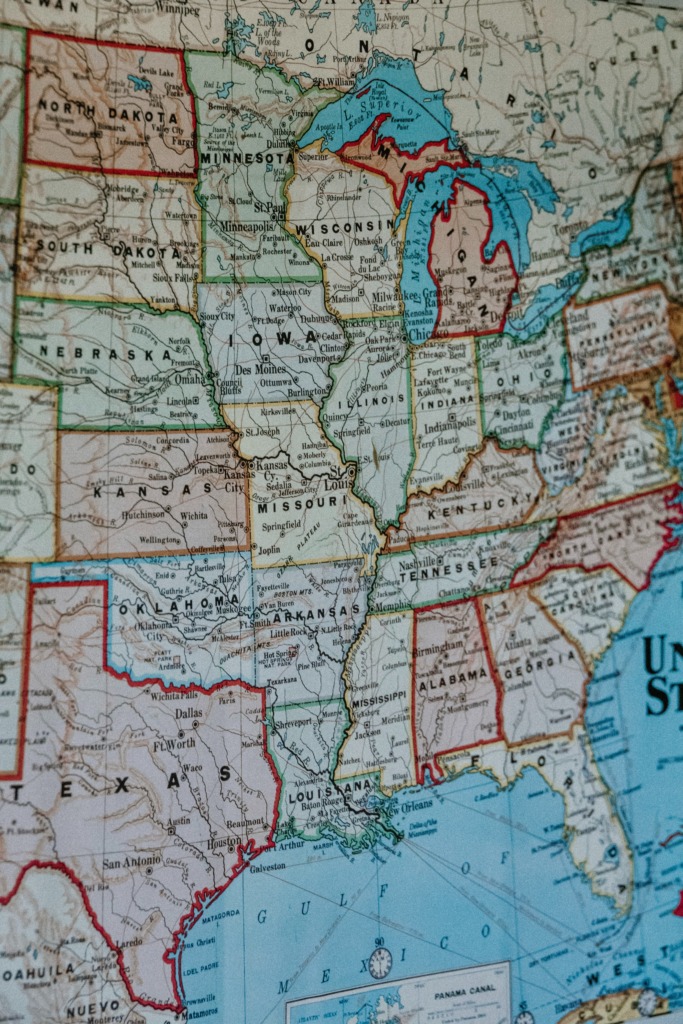Legislative Control of Personal Jurisdiction—An Opening Door
As every first-year law student learns in Civil Procedure, the Supreme Court constitutionalized the law of personal jurisdiction in Pennoyer v. Neff (1878), holding that the Due Process Clause of the Fourteenth Amendment limits the jurisdiction that state courts may exercise. Legislatures still have roles to play. States enact long-arm statutes to reach non-resident defendants,…
Continue ReadingDemystifying Borrowing Statutes
A borrowing statute is a law directing the courts in one jurisdiction to “borrow” the shorter statute of limitations of another jurisdiction. Borrowing statutes are common in the United States—thirty-six states have enacted them—but they are largely unknown in the rest of the world. In this post, I seek to demystify borrowing statutes for the…
Continue ReadingSisyphus and Forum Selection Clauses
In Greek mythology, Sisyphus was fated to push a boulder up an endless hill for all eternity. No matter how long he pushed, he and the boulder would never reach the top. I sometimes feel this way when I write about forum selection clauses. I research and blog about these provisions (a lot). I make…
Continue ReadingHow (Not) to Decide Whether a Foreign Judgment Is Preclusive
Foreign judgments are generally entitled to recognition in the United States. Beneath that simple statement, however, lie many complexities. When lawyers and judges do not understand those complexities, they are likely to go astray. That seems to be what happened in Wash v. Finch, a recent federal decision in the District of New Jersey. This…
Continue ReadingNew Scholarship on State Laws Limiting the Activities of Foreigners
States are important actors in U.S. foreign relations. TLB has, for example, covered New Jersey’s efforts to sanction Russia, Florida’s restrictions on alien ownership of property, and state court litigation on climate change, as well as state procedural law on forum non-conveniens and other topics. In the near term, litigation that challenges state regulation…
Continue ReadingSuccessor Jurisdiction and Anti-Terrorism Litigation
Transnational litigation often presents tricky questions of personal jurisdiction. Ongoing litigation in New York arising out of rocket attacks by Hizbollah does so in spades. This post reviews the recent New York Court of Appeals decision in Lelchook v. Société Générale de Banque au Liban SAL, answering a certified question posed by the Second Circuit…
Continue ReadingDon’t Forget About State Courts
Transnational litigation in the United States is often thought of as a matter for the federal courts. While it is true that many transnational cases end up in federal courts, state courts routinely hear transnational cases too. Scholars have started to catch on, with recent papers studying state courts’ approaches to the presumption against extraterritoriality,…
Continue Reading





